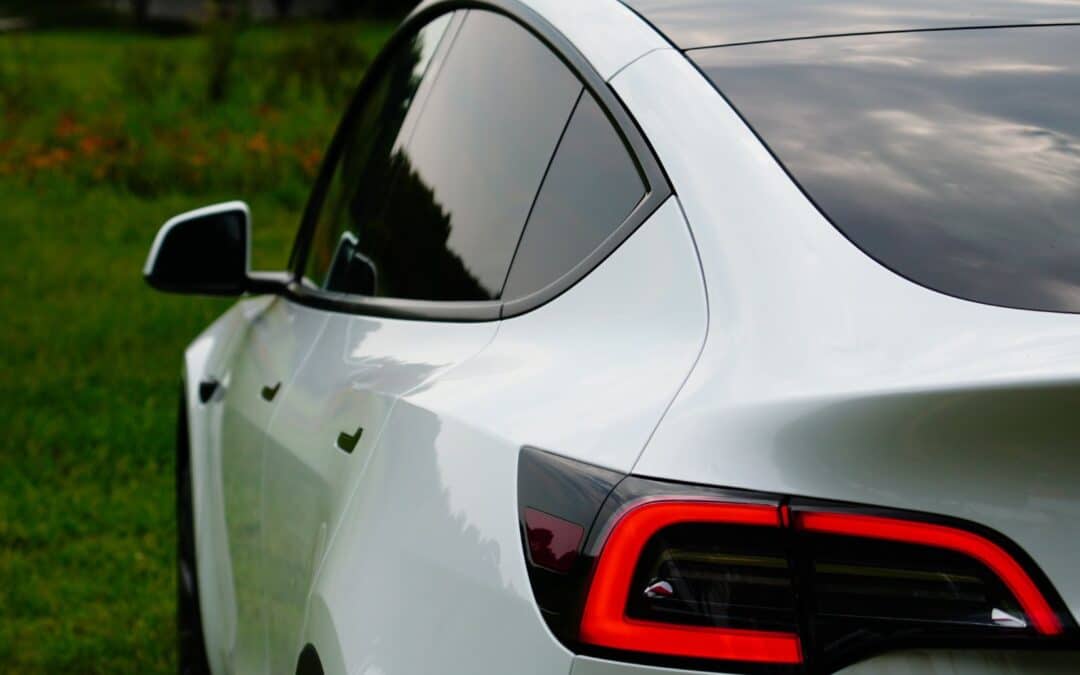The integration of autonomous vehicles (AVs) into our transportation system promises to revolutionize the way we travel. Proponents argue that AVs will significantly reduce accidents caused by human error, making our roads safer. However, when accidents do occur, determining liability becomes increasingly complex. As AVs become more prevalent on Chicago’s roads, understanding the implications for personal injury claims is crucial for drivers, pedestrians, and legal professionals alike.
The complexity of AV technology and the shifting liability landscape demand a thorough examination of the legal and insurance implications. This article explores the key considerations, challenges, and best practices for navigating personal injury claims involving autonomous vehicles in Chicago.
Understanding Autonomous Vehicles and Liability
Autonomous vehicles operate using advanced software and sensors, potentially reducing human error. However, when accidents occur, determining liability requires a deeper understanding of the technologies involved. AVs rely on sophisticated systems, including sensors, GPS, and artificial intelligence. These systems enable vehicles to perceive their environment, make decisions, and execute actions.
While AVs aim to minimize accidents, they are not foolproof. Sensor failures or software glitches can lead to accidents, raising questions about liability. In such cases, determining whether the manufacturer, software developer, or another party is responsible becomes a critical consideration.
Liability Shift: Key Considerations
In AV accidents, liability may no longer rest solely with the driver. Manufacturers and software developers may bear greater responsibility. Product liability laws hold manufacturers accountable for design or manufacturing defects. This means that if an AV’s faulty sensor or software contributes to an accident, the manufacturer could be liable.
Government regulations also play a critical role in determining liability. Regulatory bodies like the National Highway Traffic Safety Administration (NHTSA) set standards for AV safety and performance. Compliance with these regulations is essential for manufacturers and software developers.
Insurance Implications for Autonomous Vehicle Accidents
Insurance coverage for AV accidents is evolving. Traditional insurance models focus on driver liability, but AVs require a more nuanced approach. Comprehensive coverage policies may cover damages regardless of fault, providing greater protection for accident victims.
Illinois, like some other states, has no-fault insurance laws. These laws require insurance companies to provide coverage for medical expenses and lost wages, regardless of who caused the accident. Understanding the interplay between insurance coverage and liability is essential for navigating AV accident claims.
Navigating Personal Injury Claims in Chicago
If you’re involved in an AV accident in Chicago, it’s essential to take immediate action. Seeking medical attention promptly ensures your well-being and documents your injuries. Consulting an experienced personal injury attorney familiar with AV accidents helps navigate the complex liability landscape.
Preserving evidence, including vehicle data and witness statements, is critical in building a strong case. AV accidents often involve complex technical issues, requiring specialized expertise.
Legal Considerations for Autonomous Vehicle Accidents
Chicago personal injury law applies to AV accidents, but unique challenges arise. Expert testimony from technical experts may be necessary to explain complex AV systems and their role in the accident.
Demonstrating causation – linking the AV’s actions to the accident – can be complex. Establishing standards for AV safety and performance is an ongoing process. As AV technology advances, courts and regulatory bodies will need to adapt.
Challenges in Litigating Autonomous Vehicle Accidents
Litigating AV accidents presents several challenges. Accessing and interpreting vehicle data requires specialized expertise. Establishing liability and compensation requires a deep understanding of AV technology and regulations.
Best Practices for Accident Victims
If you’re involved in an AV accident, follow these best practices:
Seek medical attention immediately.
Consult an experienced personal injury attorney.
Preserve evidence, including vehicle data and witness statements.
Document all communication with insurance companies and manufacturers.
Conclusion
As autonomous vehicles become more common in Chicago, understanding the liability shift and its implications for personal injury claims is essential. The complex interplay between manufacturers, software developers, and government regulations demands expertise and adaptability.
If you’re looking for an experienced Chicago personal injury lawyer to help navigate your personal injury claim, we will fight assiduously for your right to the compensation you deserve. Call Bizzieri Law Offices at 773.881.9000. The case evaluation is free, and we never charge a fee unless we recover damages for you.

